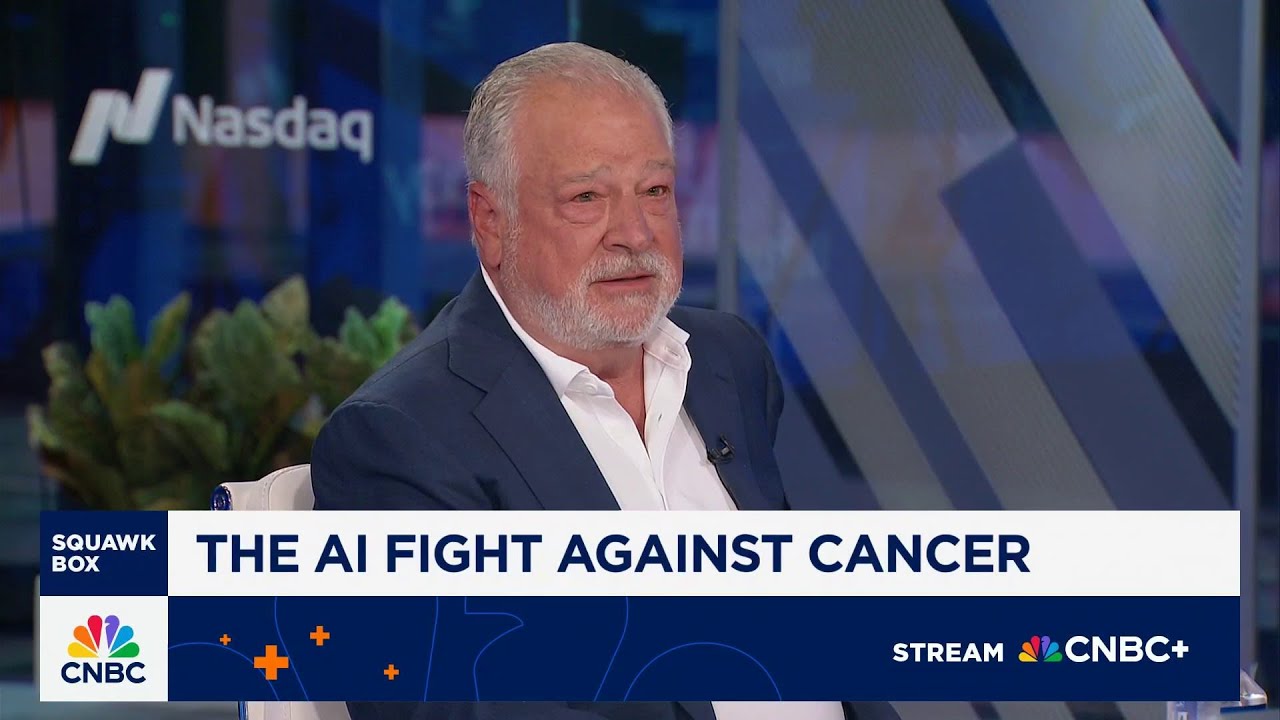Caris Life Sciences, a leader in molecular cancer research, uses advanced AI and comprehensive gene sequencing to provide early and accurate cancer diagnostics, significantly improving patient outcomes and guiding personalized treatments. The company also collaborates with pharmaceutical firms to identify novel drug targets, aiming to revolutionize precision oncology and develop individualized therapies that could transform cancer care and potentially eliminate chronic diseases.
Caris Life Sciences, a cancer diagnostic firm, recently debuted on the Nasdaq with an IPO priced at $21 per share, exceeding expectations. The company’s founder, chairman, and CEO, David Dean Halbert, explained that Caris is a global leader in molecular cancer research. Since 2018, Caris has sequenced every gene—both DNA and mRNA—of over 500,000 cancer patients. This extensive genetic data is stored in the cloud, where AI algorithms analyze it to identify unique molecular signatures that can diagnose cancer and pinpoint protein targets for drug development.
Caris uses advanced AI, including a proprietary system called Dean with 218 algorithms, to analyze genetic features and develop diagnostic signatures. One of their key innovations is an early-stage breast cancer diagnostic test based on a blood sample, which can detect cancer at stages one and two. This approach is distinct from other companies that use limited gene panels or methylation-based tests, as Caris sequences a comprehensive set of genes and integrates both DNA and RNA data, enabling more accurate and earlier detection.
The company’s AI-driven insights have demonstrated significant clinical impact, such as tripling overall survival rates in a subset of triple-negative breast cancer patients by guiding more effective treatment choices. Caris collaborates with over 5,500 oncologists and 97 members of its Precision Oncology Alliance, including leading cancer centers like Dana-Farber and Memorial Sloan Kettering. Their platform provides oncologists with detailed molecular profiles of tumors to recommend personalized therapies, improving patient outcomes.
Beyond diagnostics, Caris also partners with pharmaceutical companies by selling data and identifying novel drug targets. Their ability to analyze large patient populations and extract protein targets from molecular signatures helps drug developers create more effective therapies. This dual focus on diagnostics and drug development positions Caris to play a pivotal role in precision oncology and the broader fight against cancer.
Looking ahead, Caris envisions a vast market opportunity, potentially addressing a $150 billion market and beyond. CEO David Dean Halbert expressed optimism about the company’s potential to revolutionize healthcare by not only improving cancer detection and treatment but also by developing individualized immunotherapies that could eventually eliminate chronic diseases. This ambitious vision underscores Caris Life Sciences’ commitment to leveraging AI and molecular science to transform patient care.
